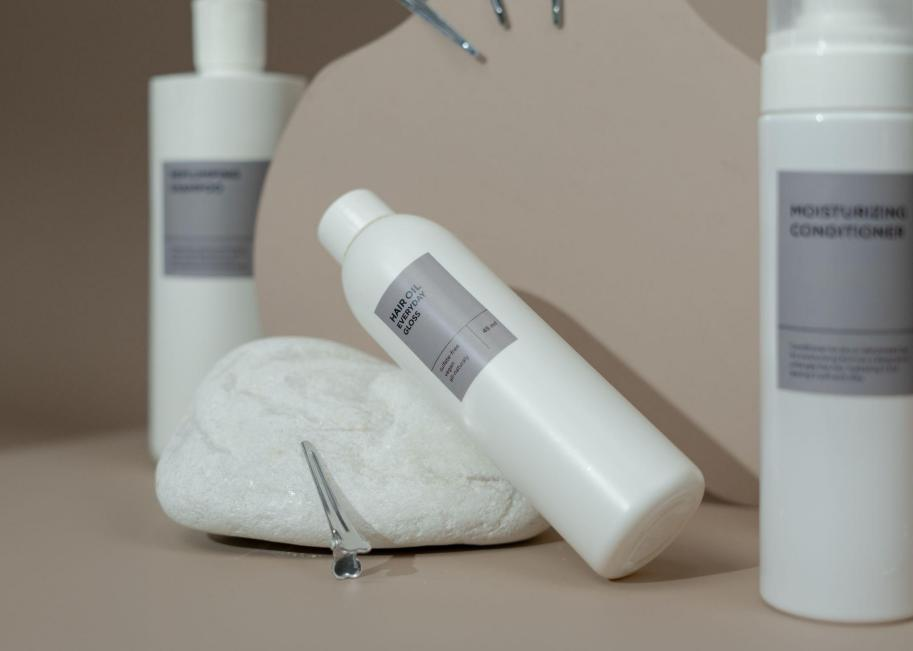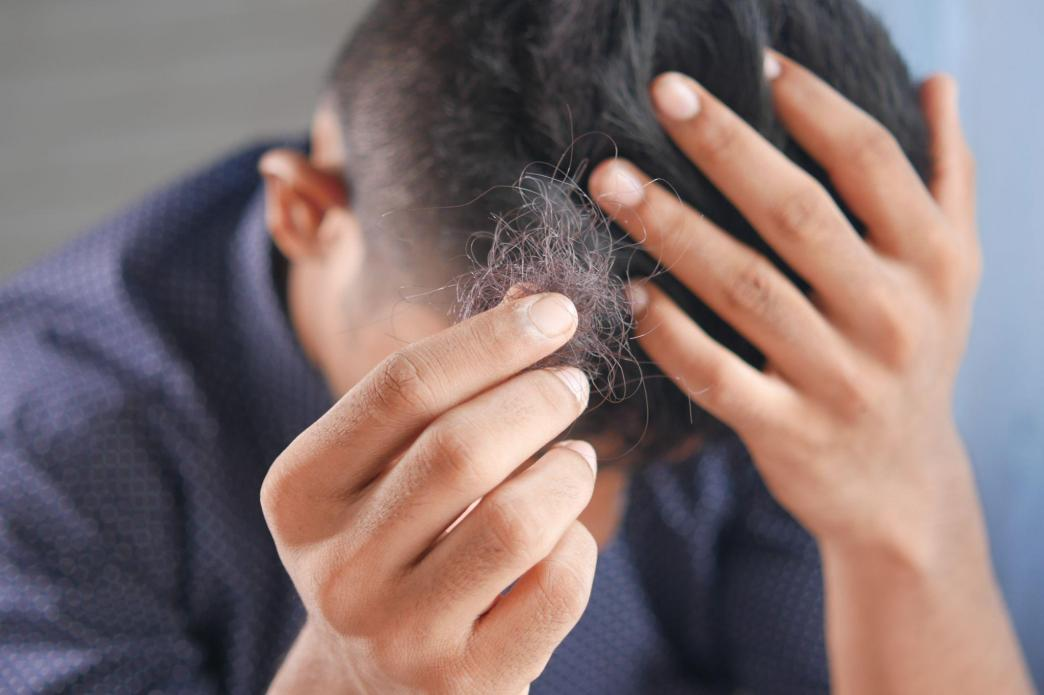Dandruff And Hair Loss: Here's What You Might Be Doing Wrong
Hair loss is a condition that affects 80 million people in the US, 40% of those being women. Although dandruff and hair loss aren't directly related, they are both conditions that can be reversed with proper care. Dandruff is mostly caused by factors like a dry scalp, eczema, or an allergic reaction.
Hair loss, on the other hand, can be caused by hormonal imbalances and genetics. If you're facing either of these conditions and don't know what you're doing wrong, keep reading. These are just some factors that may be causing hair problems.

Reasons You Might Be Facing Dandruff And Hair Loss
Using The Wrong Hair Products
Studies show that ingredients like sulfates can irritate the scalp and clog hair follicles. Most shampoos contain sulfates, but you can still find hair care products that are sulfate-free.
Sulfates make your shampoo sudsy, helping you remove oils from your hair. However, they can remove too many oils that help keep your scalp hydrated.
While sulfates don't necessarily cause hair loss, constantly scratching an irritated scalp can. If you have sensitive skin, you also have a high chance of getting eczema by using sulfate shampoos. If you don't wash away all the shampoo from your hair, it can cause build-up and even hinder your hair growth.
Wearing Tight Hairstyles
High ponytails and Dutch braids may be in fashion, but they can cause hair loss if worn often. This is known as traction alopecia and happens when a tight hairstyle pulls at your hair, breaking and damaging it. Research shows that it may be harder for hair to grow back if it's damaged due to tight hairstyles.
A receding hairline is another downside of wearing your hair in a restrictive hairstyle. Another popular hair trend that can cause hair damage is straightening and curling. Excessive use of heated hair styling equipment can cause split ends.
If you've started experiencing sudden hair loss, maybe the problem lies in your hairstyles.
Not Getting A Checkup
A lot of hair conditions are linked to physical health issues. One of these issues is a thyroid disorder known to cause hair loss and dandruff. This is when your thyroid can't produce the right amount of hormones your body needs.
It can produce too much or too little, resulting in different problems. Getting a checkup or consultation is a great way to determine whether you have thyroid issues.
Usually, with thyroid issues, hair loss is severe but can be reversed with the help of proper treatment.

Stressing Too Much
While stress is normal, excessive amounts of stress can lead to an increase in dandruff. This happens because stress usually increases inflammation, causing moisture to dry up. Studies show that stress can affect sebum levels, making your scalp dry.
Constant stress and hair loss also go hand in hand. This is called telogen effluvium and occurs after you've dealt with a stressful or traumatic event. It causes drastic hair loss, with the hair often falling out in clumps.
Telogen effluvium can also slow down hair growth since it puts your hair in a resting phase.
Here's How You Can Deal With Dandruff And Hair Loss
Create A Healthy Hair Care Routine
A healthy hair routine with the right products can make a huge difference when dealing with hair loss and dandruff. One important rule is not to comb wet hair since it's more prone to breakage when damp. Rubbing your hair with a towel can also cause hair breakage, so opt for a t-shirt or microfiber towel instead.
Make sure your scalp is always clean to reduce dandruff. Find hair care products with ingredients like jojoba oil, aloe vera, and zinc for healthier hair.
Schedule An Appointment With An Online Doctor
Seeking help from a virtual doctor and dermatologist can help determine whether any physical conditions are causing hair loss. Professional doctors offer the proper medications and services for your scalp. With regular visits, you can regrow your hair without any painful treatments.
The best part is that you don't have to leave your home to get a consultation.

Use Coconut Oil
Coconut oil has been used for centuries to promote healthy hair growth and to remove dandruff. Studies show that using coconut oil can improve your overall hair health. Massaging it into your scalp is also beneficial since it promotes blood circulation, which is great for hair growth.
Using coconut oil is a good way to keep your hair hydrated, keeping dandruff at bay. It can also give your hair a shiny and luscious appearance.
Eat Healthy Foods
Diet plays an important role when it comes to hair, and foods like eggs, fatty fish, and nuts are all known to aid in hair growth. Cucumbers, sweet potatoes, and spinach can help keep your scalp hydrated. Since hair loss can occur due to deficiencies, eating healthy can ensure an effective hair growth process.
You can even take supplements like biotin and B12 to help with hair conditions. Make sure to consult your online doctor before starting any supplements.

Treat Hair Loss And Dandruff By Booking A Telemedicine Appointment Today
Dandruff and hair loss can cause a lot of anxiety for the ones dealing with it. But rest assured, it's reversible, and you can have healthy hair with the right steps.
TelMDCare offers telemedicine appointments for hair conditions like hair loss and excessive dandruff. We have a team of experienced doctors and dermatologists who prioritize your health. With each visit, you can track your hair growth journey with us.
Contact us for more information on our telemedicine services.